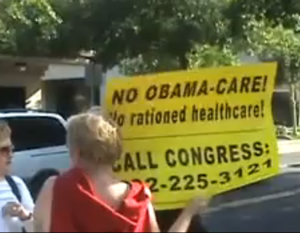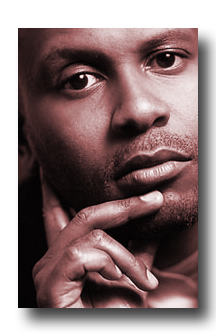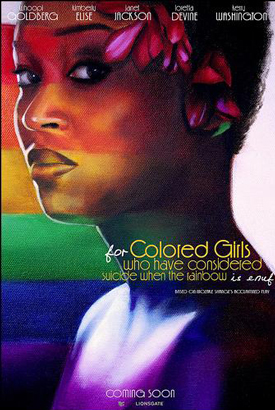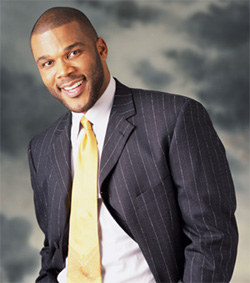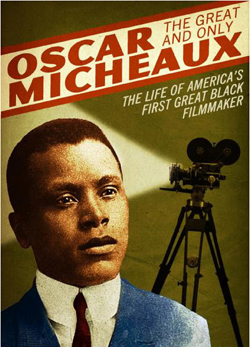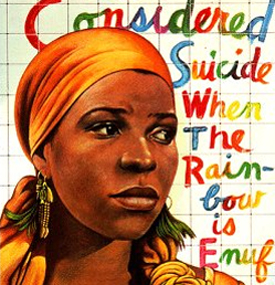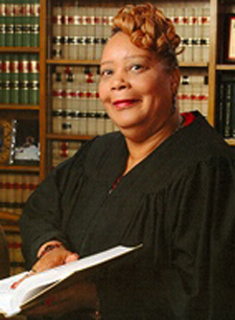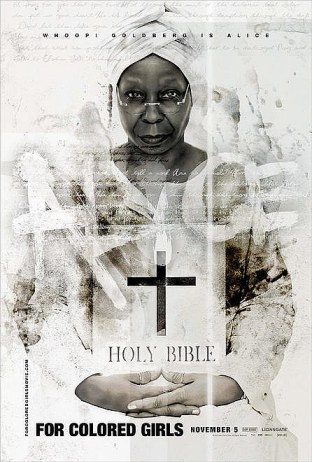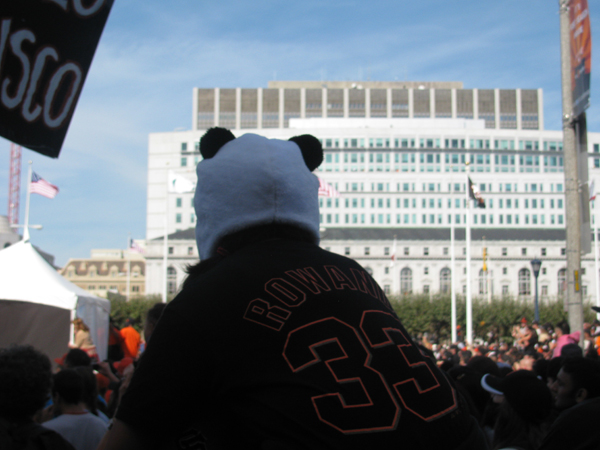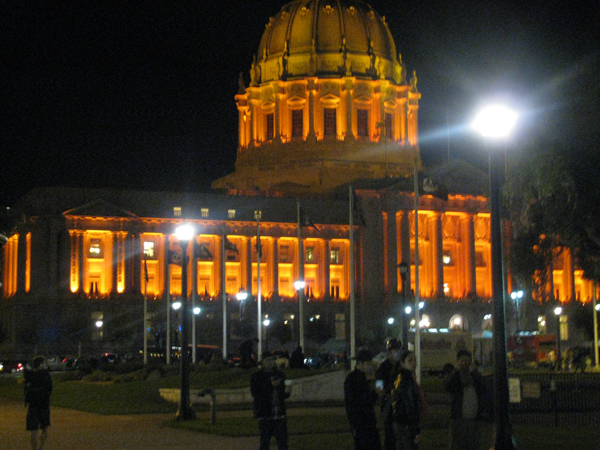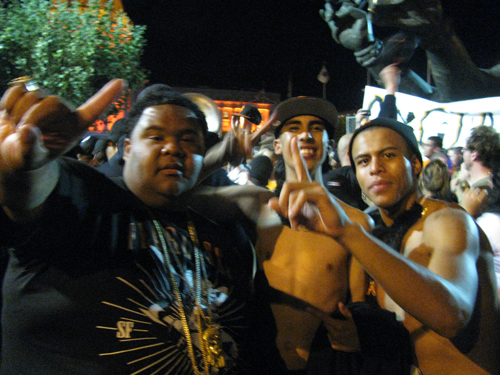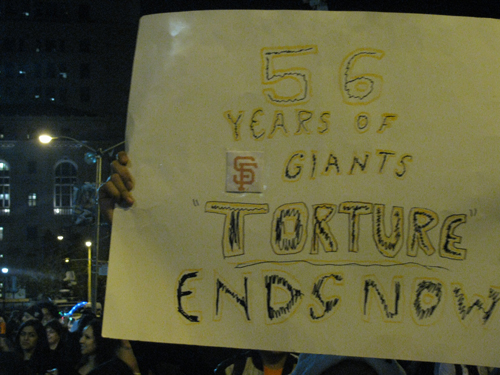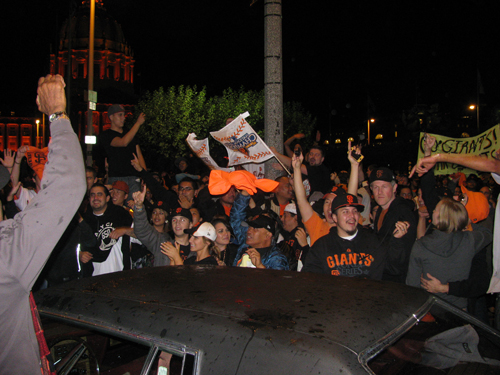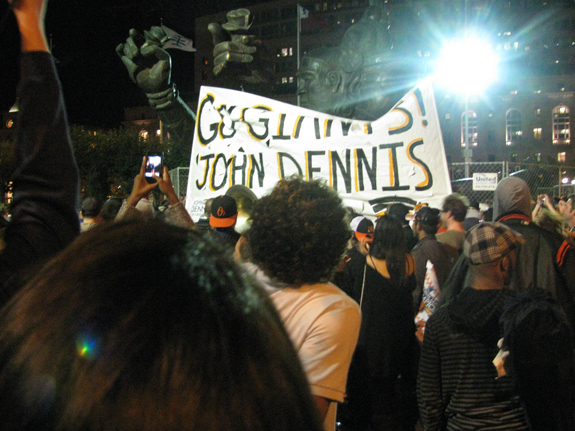 After watching last night’s game where the Eagle’s bested the Cowboys.. I had to tip my hat to not only the NFL’s most improved player, but also the man who should be MVP.. I dug in the crates and pulled out a classic from Justin Warfield.. I told my man QD3 who produced this that a remake needs to be made where Justin re-works some of the lyrics, adds Black Thought and they flip a new video that lives up to the songs original title ‘Season of the Vic‘.
After watching last night’s game where the Eagle’s bested the Cowboys.. I had to tip my hat to not only the NFL’s most improved player, but also the man who should be MVP.. I dug in the crates and pulled out a classic from Justin Warfield.. I told my man QD3 who produced this that a remake needs to be made where Justin re-works some of the lyrics, adds Black Thought and they flip a new video that lives up to the songs original title ‘Season of the Vic‘.
Y’all remember this joint? Back in the day the word Vic meant to be robbed ie ‘vic’timized.. Today it means to be robbed of a victory from the one and only Number 7 Michael Vick




